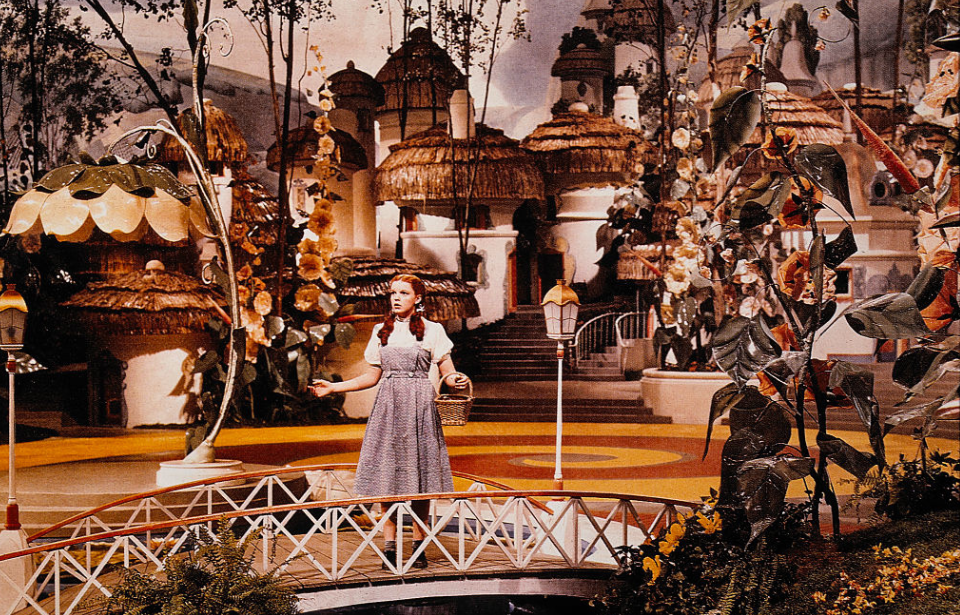The Wizard of Oz is a dream to watch. But it was a nightmare to make! Based on L. Frank Baum’s book, it’s one of the world’s best-loved movies, like the big-screen equivalent of comfort food. Being involved in the production, however, was a stressful – and even dangerous – business. Fairytales go out the window with these eye-opening cases of behind-the-scenes woe.
Personnel pickles
The Wizard of Oz saw key people come and go. Director Norman Taurog was the first director to be hired. He was replaced at the test shooting stage by Richard Thorpe. Thorpe lasted longer, but not by much. He was dismissed after a matter of weeks – quoted in an article for The Telegraph, producer Mervyn LeRoy said he “just didn’t understand the story… to make a fairy story you have to think like a kid.”
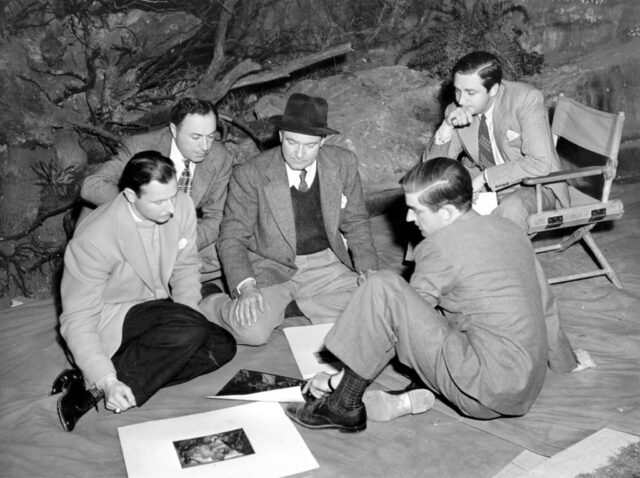
Victor Fleming entered the frame as a megaphone wielder. He eventually left to work on Gone With The Wind – appropriate, given Kansas was hit by a tornado. King Vidor finished shooting, but when Fleming came back he tried to cut “Over The Rainbow” (written by Harold Arlen and Yip Harburg). Yes, the iconic musical number nearly missed out on its place in film history!
Makeup madness
It may have looked fun being part of Dorothy’s gang on the Yellow Brick Road. Beneath that Technicolor surface, things were far from peachy. Take Ray Bolger for instance. He played the Scarecrow under layers of restrictive makeup, and there wasn’t a happy ending.
Vanity Fair writes that he “removed the rubber prosthetics mask from his face the last day of filming to discover he had burlap scars around his mouth and chin.” Bert Lahr endured a sweaty lion’s hair costume, which he had to wear continuously under baking studio lights.
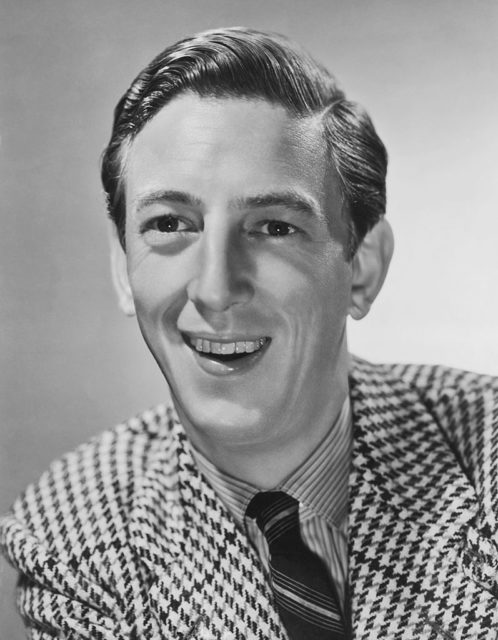
They got off lightly compared to Buddy Ebsen, who was originally cast as the Tin Man. After shooting had started he “woke up in bed, according to the South Florida Sun-Sentinel, ‘screaming from violent cramping in his hands, arms, and legs’.” What was wrong? His makeup contained aluminum powder which had gotten into his lungs!
After being hospitalized with blue skin, Ebsen lost the role to Jack Haley. According to some sources, studio MGM had no sympathy for Ebsen’s plight. Haley was reportedly kept in the dark about the affair.
Even the Wicked Witch of the West got a raw deal. Actress Margaret Hamilton’s face was covered in poisonous green paint, and the makeup reportedly sank into her own skin. Yet this was only the tip of the iceberg for her…
Sinister snowflakes
Oz was a magical land of wonder and enchantment. Its weather, on the other hand, was like something out of a horror movie. Vanity Fair describes how “In the scene in which Dorothy is awakened in a poppy field by a blanket of snow engineered by Glinda the Good Witch, production reportedly used chrysotile asbestos.”
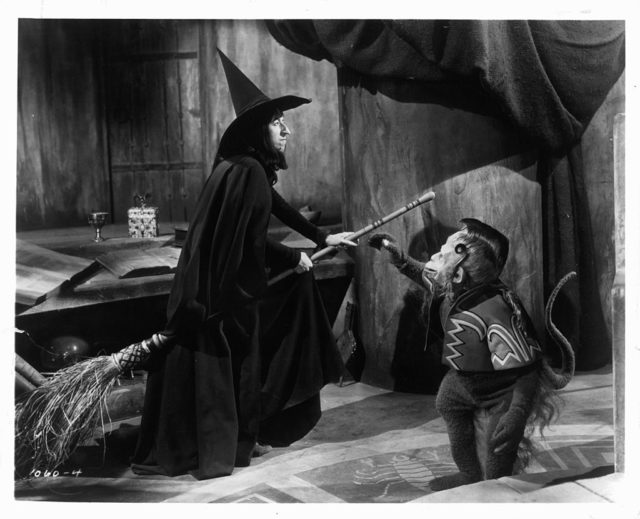
Margaret Hamilton had more than a carcinogenic air supply to worry about. Aside from the green gunk, she suffered a terrible accident on set. When a trap door didn’t open she was exposed to fire! It took the skin off her hand and her face had a second-degree burn. “I thought I was going to faint,” she said, quoted by The Telegraph. She added, “the fire had singed my eyebrows off and burned my cheeks and chin.”
Producers then wanted her to do another fire sequence. Hamilton wisely turned down this alarming offer. So MGM turned to her double, Betty Danko. Poor Betty went to the hospital for 11 days after she too was injured by flames. Her legs were permanently scarred!
Munchkin mania
Much of the behind-the-lens hoopla revolved around The Wizard of Oz’s beloved Munchkins. The people portraying them were depicted as unruly, and in some stories abusive. Was this really the case?
In some instances, yes! The Telegraph mentions one incident “when a little person named Charles Kelley turned up on set packing two loaded pistols.” The surprise gunslinger “felt certain that Charley Becker – the mayor of Munchkinland – was making eyes at his wife, Jessie.” His instincts were correct, the pair did have a relationship and got hitched. Not sure he needed a bullet to make his point though!
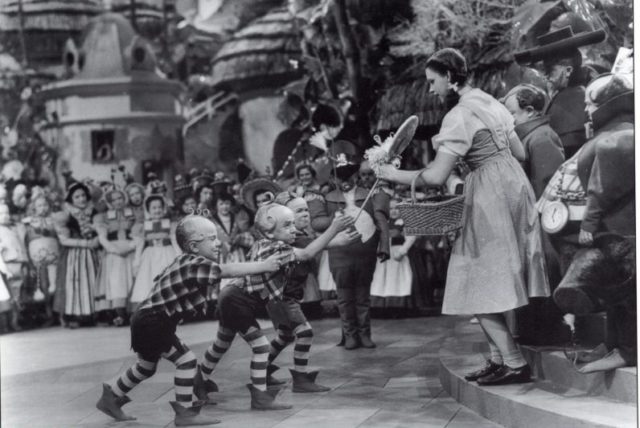
Overall, however, it’s thought marauding “Munchkins” were the stuff of legend rather than reality. “People liked to say the Munchkins were berserk boozers… because there was the tiniest grain of truth in it, but mostly because it was funny.”
These striking characters had it as rough as everyone else. Wage-wise, they actually earned less than “Terry” who played Toto the dog! Having said that, the camera-happy canine bore his own cross and “was prone to staging canine ‘nervous breakdowns’.”
Garland and Gale
Judy Garland lit up the screen with her star performance as Dorothy Gale. The actress herself apparently hated the experience. As has been well-documented, the Hollywood system mistreated Garland appallingly. She was on pills and worked exhaustingly long hours. Her box office bankability was more important than her welfare.
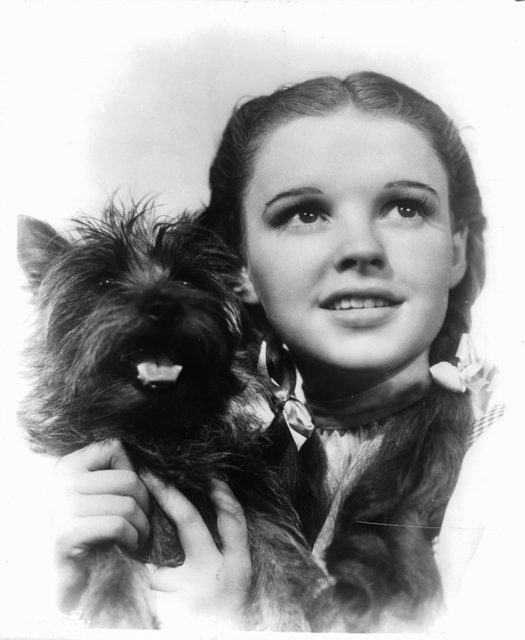
On the set of Oz, there was a distressing incident involving Victor Fleming. The teenage Garland “had picked up a reputation for ruining takes with her giggling on the set of Listen, Darling” writes the Telegraph. When she became excited over Bert Lahr’s antics as the Cowardly Lion, the director wasn’t amused. “Fleming slapped her face. ‘All right now,’ he growled, ‘go back to your dressing room.’” It was a not-uncommon treatment for actresses in those days!
Her feelings on the subject were strongly expressed when she met the Queen Mother. Britain’s royal was a fan of “Over The Rainbow” – Garland, it’s safe to say, wasn’t. The track was more haunted than heavenly for the troubled performer, who said: “Ma’am,’ that song has plagued me all my life.”
End of the road
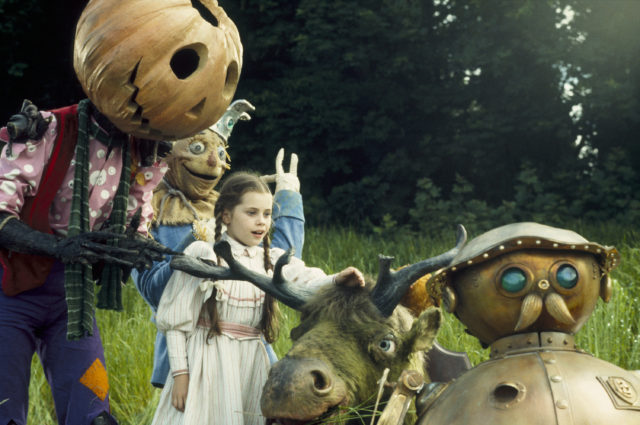
Baum’s original Oz stories had their fair share of darkness. Indeed, when Walt Disney released the unofficial sequel Return To Oz in 1985, its harsh tone shocked audiences familiar with the Technicolor classic. That film was a commercial failure, but the surprising thing is that the 1939 version nearly went the same way. If it wasn’t for the movie appearing on TV, it wouldn’t have gained lasting popularity. After a decade, it finally made its money back for the studio.
More from us: The Heartbreaking Reality of Judy Garland’s Five Marriages
It didn’t matter who you were when making The Wizard of Oz. In fact, the stars appeared to have the worst time of all! Hopefully, their contributions to a lasting classic took the edge off this horrendous Tinseltown chronicle.
